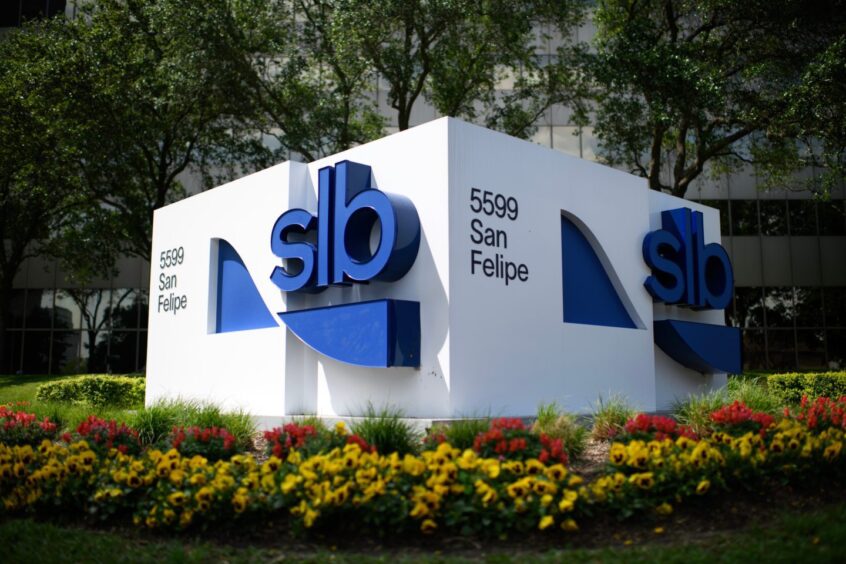
SLB, the world’s biggest oilfield services provider, said it achieved results at a lithium project that prove it can some day produce the battery metal at a commercial scale with less impact on the environment.
In what it called “technical milestones,” SLB (NYSE:SLB) recovered 96% of the lithium from brine at a Nevada demonstration plant that’s about one-tenth the size of a commercial facility. The proprietary technology that involves so-called direct lithium extraction can produce the metal 500 times faster using a smaller area than more conventional recovery methods that rely on evaporation, the Houston-based company said Tuesday in a statement.
“It’s a big moment,” Gavin Rennick, president of SLB’s New Energy business, said in an interview. “We’ve spent a number of years building, designing, putting together what we think is going to be the leading solution for delivering lithium from brines.”
The global oil industry, with its expertise in subsurface fluids, has joined dozens of other businesses racing to perfect technology that pulls lithium from salty water, potentially creating a new source to supplement hard rock mines and evaporation ponds. Occidental Petroleum Corp. formed a venture with a unit of Berkshire Hathaway Energy in June to commercialize lithium-extraction technology. Exxon Mobil Corp. has said it’s planning to produce its first lithium from underground saltwater reservoirs in Smackover Formation in southern Arkansas by 2027.
Lithium is among a handful of technologies SLB is working on in its New Energy business — one of three growth areas for a company that’s seen as a bellwether for the oil and natural gas industry. SLB sees a range of business possibilities ahead, from supplying the key parts and equipment needed for a customer to build its own lithium plant to designing and managing construction of a full plant for a client, Rennick said.
“We have high expectations we’ll be doing front-end engineering” next year, with lithium equipment delivery and construction most likely coming in 2026 and beyond, he said.
There’s been a boom in testing and development of technologies collectively known as DLE, which have been touted as a solution for boosting output while protecting the environment. Such techniques are relatively unproven at scale and perfecting them may take years.
The techniques use filters and membranes to strip out lithium from brine. Those promise to be cheaper, faster and greener than traditional production in South America and offer to unlock new supplies in North America, including recovering the metal from the salty water produced by oil drilling.
